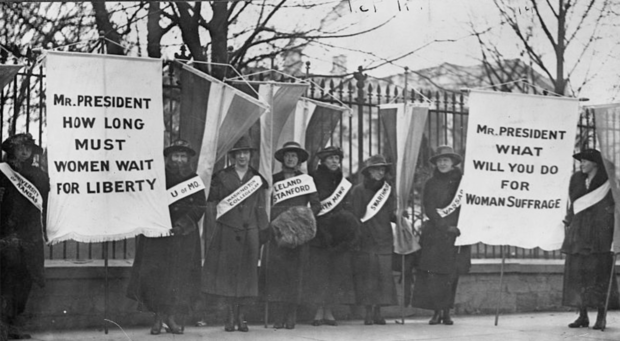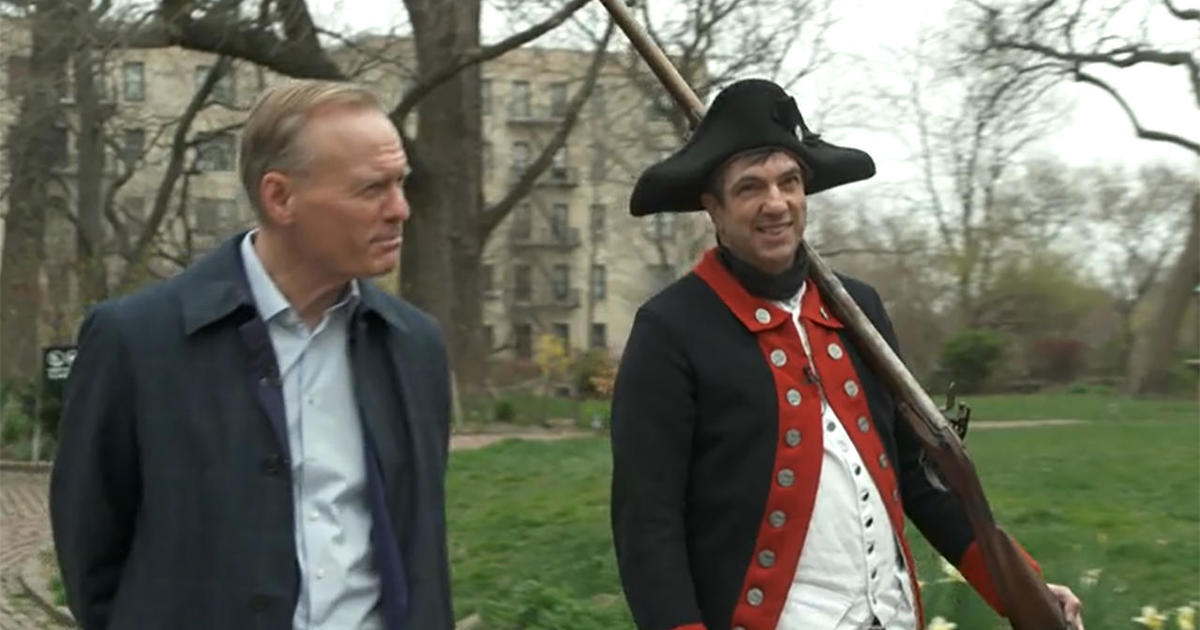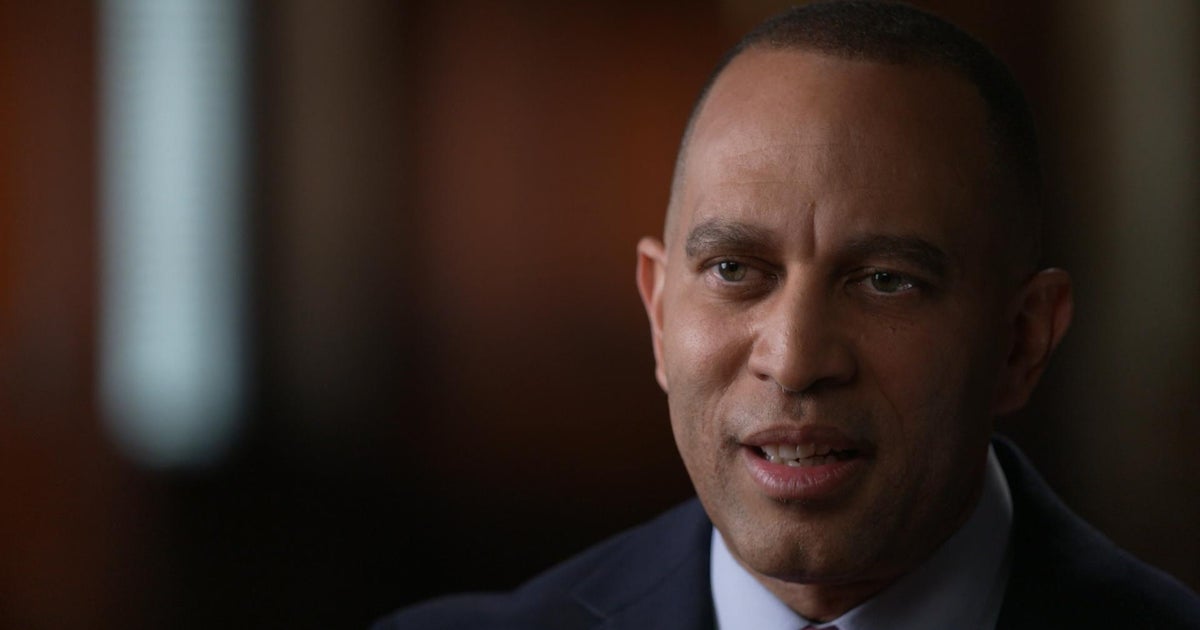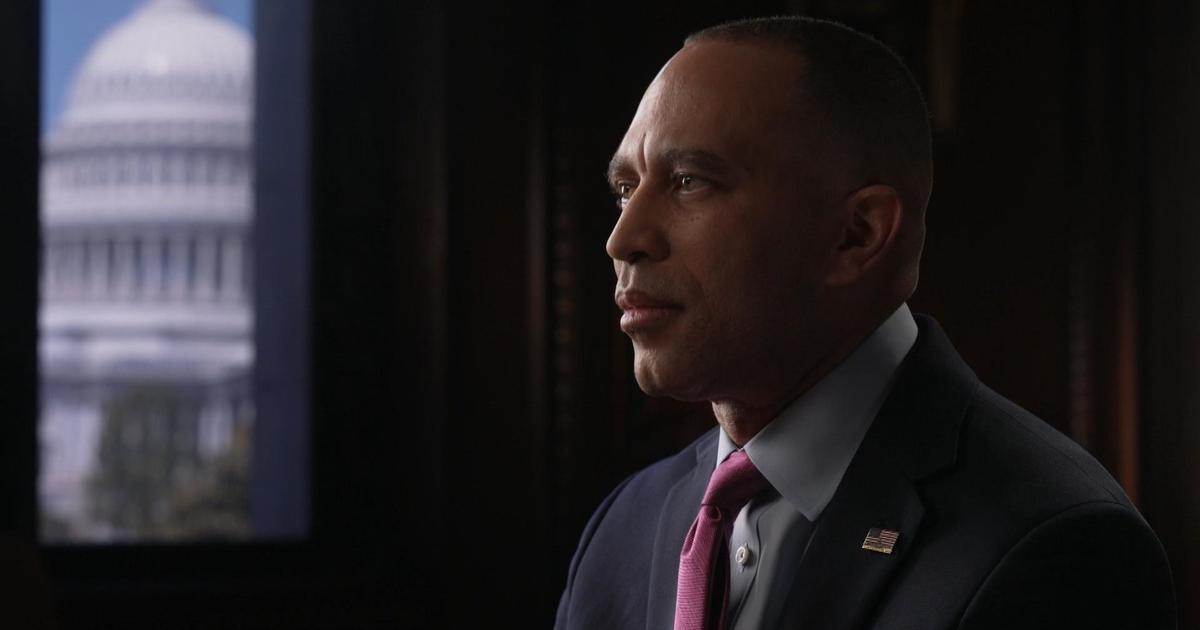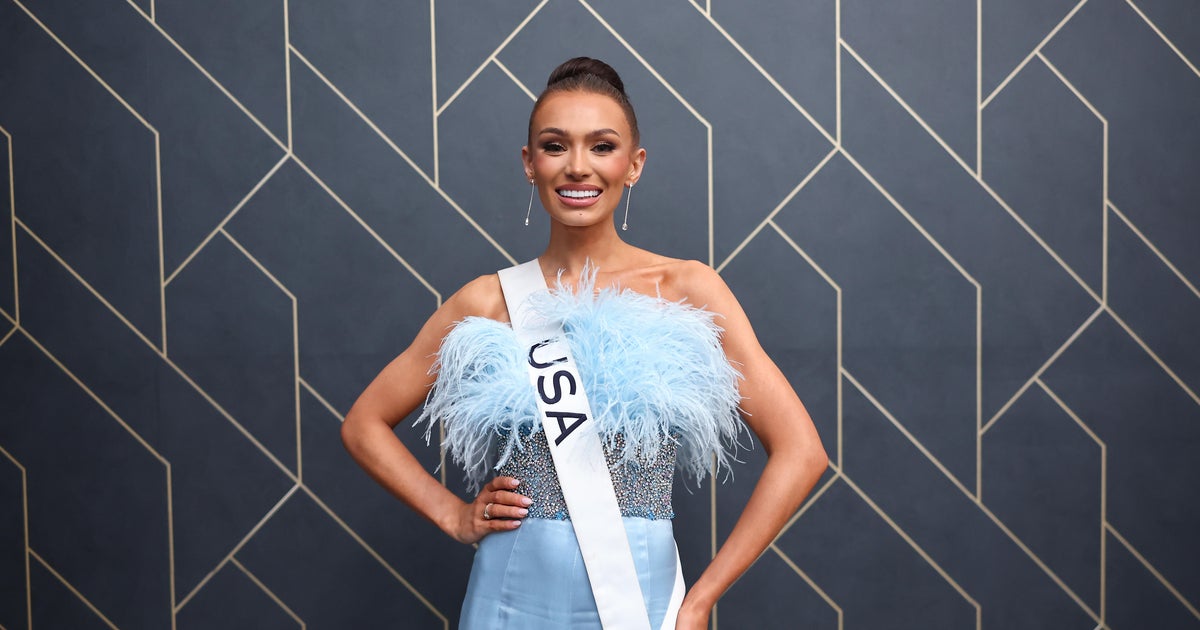Female politicians of color celebrate 19th Amendment centennial while recognizing shortfalls
The centennial anniversary of the ratification of the 19th Amendment just passed in August. The crowning achievement of the women's suffrage movement, the amendment reads, "The right of citizens of the United States to vote shall not be denied or abridged by the United States or by any State on account of sex."
In reality, though, not all women were granted the right to vote in 1920. That milestone wasn't wouldn't come until the 1965 Voting Rights Act.
And even now, Congresswoman Deb Haaland, Democrat of New Mexico, considers the anniversary to be representative of obstacles that remain.
"We are still in a battle for access to voting, especially for communities of color, and working people," she said in an interview.
In the same way that many Americans, especially White Americans, have come to recognize that holidays like the Fourth of July and Thanksgiving are more complicated than fireworks and turkeys, the 19th Amendment centennial also merits another look —at both its triumphs and its shortfalls.
1920
Susan B. Anthony authored the Woman Suffrage Amendment introduced in Congress in 1878. It wouldn't be certified as law until August 26, 1920. In that time, prominent advocates of the suffrage movement endured harassment, threats and imprisonment as they fought to achieve enfranchisement.
But the main proponents of the women's suffrage movement were fighting only for White women.
Before the Civil War, the women's movement was closely allied with the abolition movement as marginalized groups fought together for equality. Even so, the Seneca Falls Convention of 1848, a landmark event in the span of the women's movement, was attended by mostly wealthy White women. While luminaries including Anthony and Elizabeth Cady Stanton met to discuss and strategize their activism, not one woman of color was invited. The lone Black attendee was Frederick Douglass.
During the Civil War, the women's movement stalled. But in 1866 Anthony and Stanton formed the American Equal Rights Association (AERA), which welcomed White and Black men and women.
It was the proposal of the 15th Amendment in the late 1860s that splintered the suffrage movement. When it appeared that Black men would be granted enfranchisement before White women, prominent White women suffragists offered racist reasons to argue they should be given the vote before Black men.
"The old anti-slavery school say women must stand back and wait until the negroes shall be recognized. But we say, if you will not give the whole loaf of suffrage to the entire people, give it to the most intelligent first," Anthony said in 1869.
That turned Black female suffragists away from Anthony, Stanton, and the main force that would drive the 19th Amendment to ratification forty years later.
2020
In the century since the 19th Amendment was ratified, women have risen to prestigious positions in government and business. But America remains embroiled in a fight for racial equality.
For Michigan Congresswomen Rashida Tlaib, a Democrat, the anniversary is a reminder that the struggle against "structural racism" continues.
"During the passage of the 19th Amendment, we left out women of Color, we left out Black women, and I don't want us to continue to do that in our policy," Tlaib said in a statement.
For Tlaib, one of the first Muslim women elected to Congress, there's no social or racial reform without absolute inclusivity.
"If we don't, we're going to continue to allow this painful oppression to continue on to leaving others behind as we try to push for human dignity in our country."
Haaland, who is one of the first Native American women elected to Congress, said, "We didn't gain citizenship until 1924, four years after the 19th Amendment was ratified. And in New Mexico it wasn't until a World War II veteran Miguel Trujillo sued the state of New Mexico for our right to vote in state elections — 100 years after the ratification of the 19th Amendment."
Senator Tammy Duckworth, Democrat of Illinois and the first Thai-American woman elected to Congress, celebrated the 19th Amendment with a statement, but called on the country to keep working to "live up to its promises."
In July, Stacey Abrams was asked during a Joe Biden fundraiser how she would recognize the centennial.
"We are best as a nation when we celebrate our victories, but we are constantly looking for redemption for our mistakes — and that's how I think about the 19th Amendment," she said, adding, "It doesn't mean that we diminish the moment, it means we expand the movement of knowing that more is possible and more will come."
